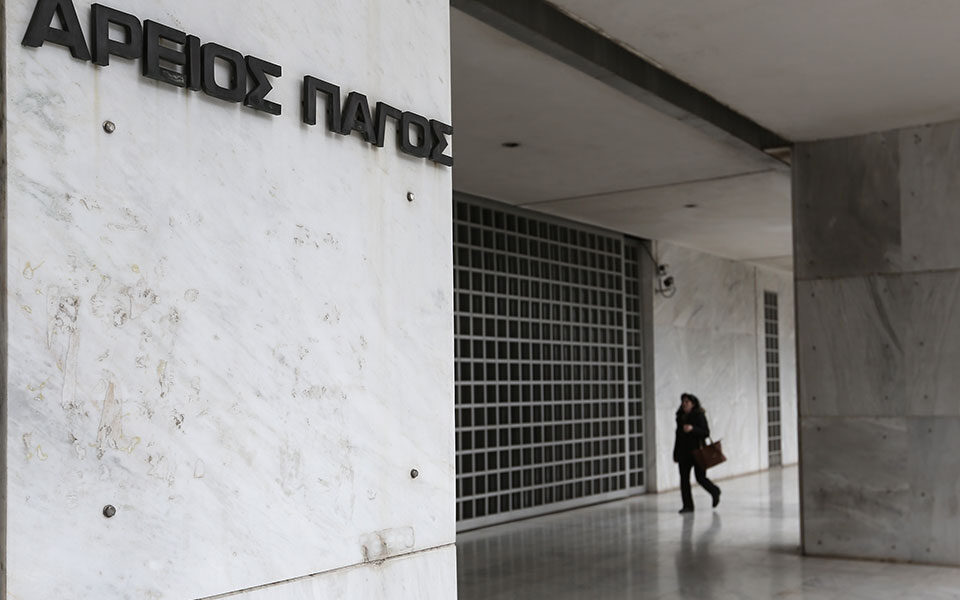Privacy watchdog, Supreme Court clash
Prosecutor’s opinion on ADAE’s authority regarding phone taps sparks political confrontation

The opinion of the Prosecutor of the Supreme Court Isidoros Dogiakos, which provides that under the new law in force, the Independent Authority for Communication Security and Privacy (ADAE) no longer has the power to inform citizens whether their communications have been intercepted for national security reasons, caused the sharp reaction of ADAE’S President Christos Rammos who stressed that “no state body can exercise any form of preventive control or prudential supervision over the authority.”
Rammos said the “the disputed opinion” of the prosecutor “flagrantly violates the independence of the ADAE, which emanates directly from the constitution.”
What’s more, it sparked a fierce political conflict with SYRIZA President Alexis Tsipras who called it “a flagrant violation of the constitution.”
Dogiakos concluded that only the aggrieved citizen may submit a request and not, for example, a political person on behalf of others, as was the case when Tsipras requested information from ADAE on whether institutional actors, such as the heads of the Armed Forces and others, have been monitored.
“Mr prosecutor, I am waiting for you to arrest me,” Tsipras said, while the government accused the SYRIZA leader of “continuing to steadily seek identity in the toxicity.”
The lengthy opinion issued by Dogiakos was based on constitutional provisions and current legislation, as it has been shaped by past laws and recent ones passed by the government before the holidays, in the wake of the phone-tapping scandal.
As argued by the Supreme Court prosecutor, citing the provisions of Law 5002 of 2022, the authority to manage citizens’ requests for information has left the hands of ADAE and now lies with a tripartite body, which is composed of two prosecutors and the president of ADAE.
Stressing the lack of competence to inform citizens of possible surveillance for reasons of national security, the opinion underlined that ADAE teams cannot visit telecommunications providers to seek information, as was the case before the holidays, when members of ADAE visited a telecommunications company (OTE) to find out whether independent MEP Giorgos Kyrtsos and journalist Tasos Telloglou had been monitored.
The opinion made extensive reference to the constitutional provisions on the Hellenic Telecommunications Authority and its powers to control any violation of the confidentiality of telecommunications.





